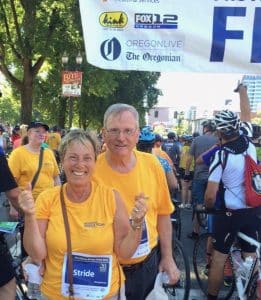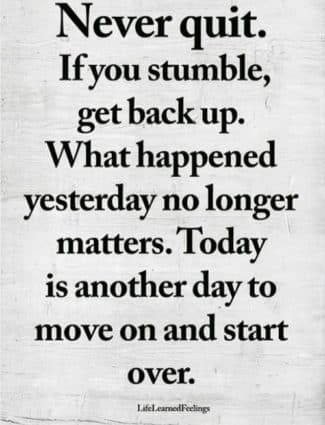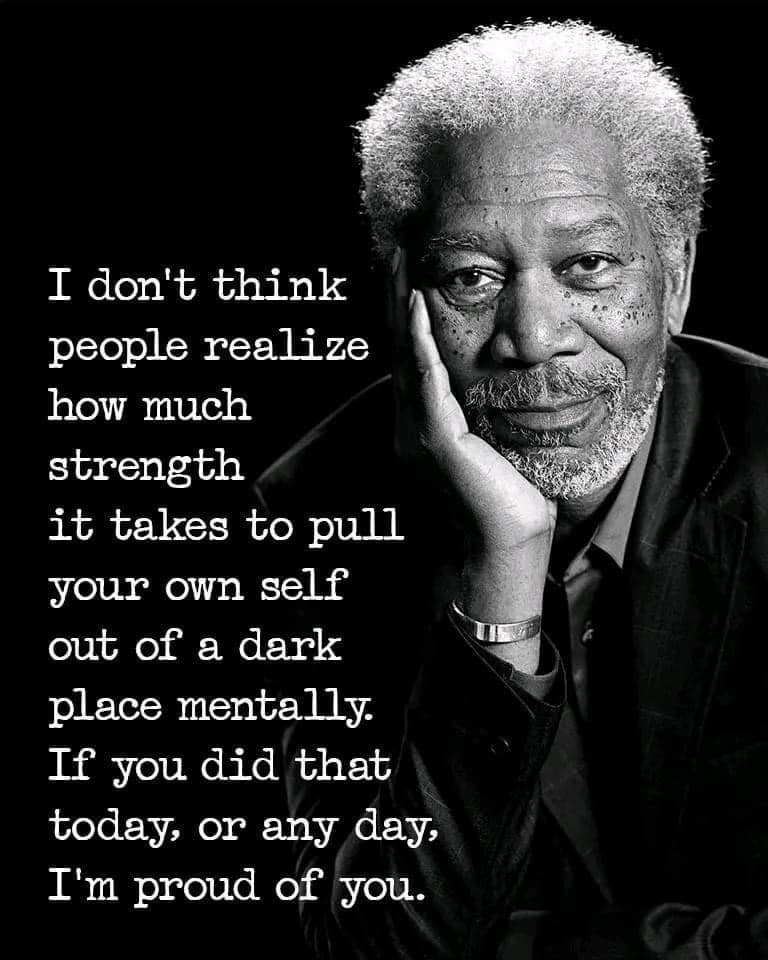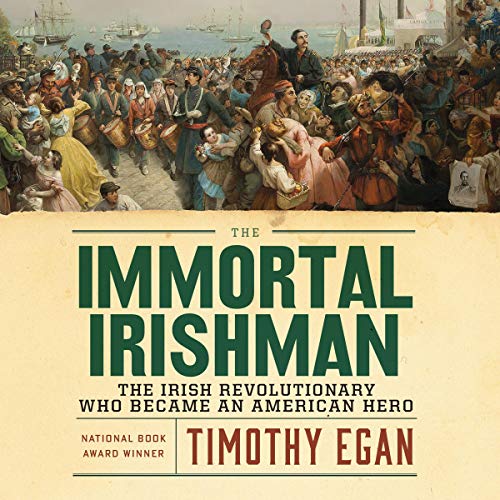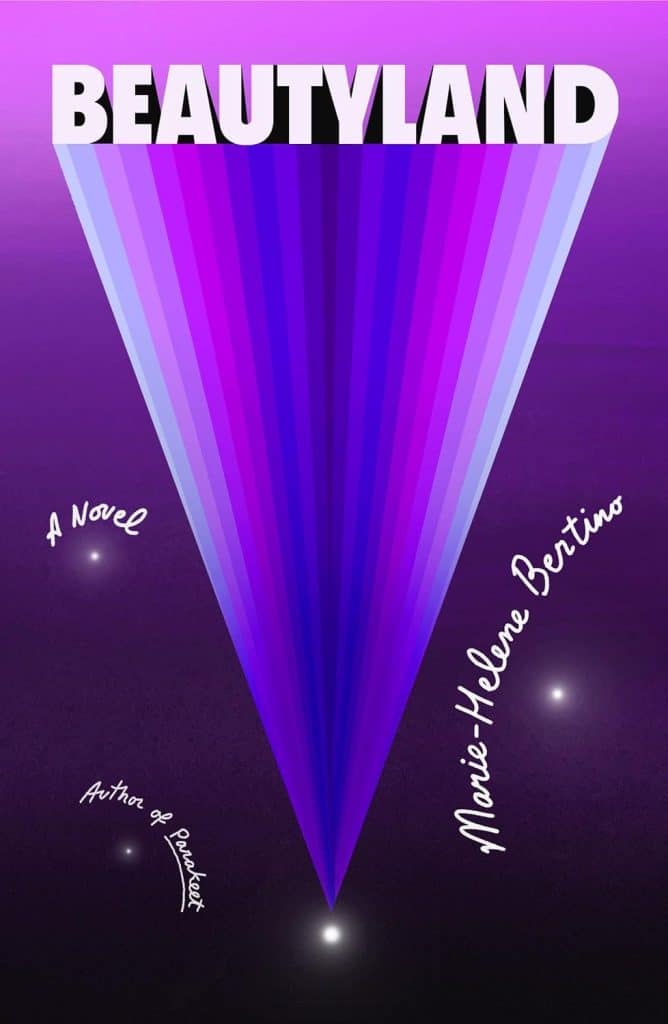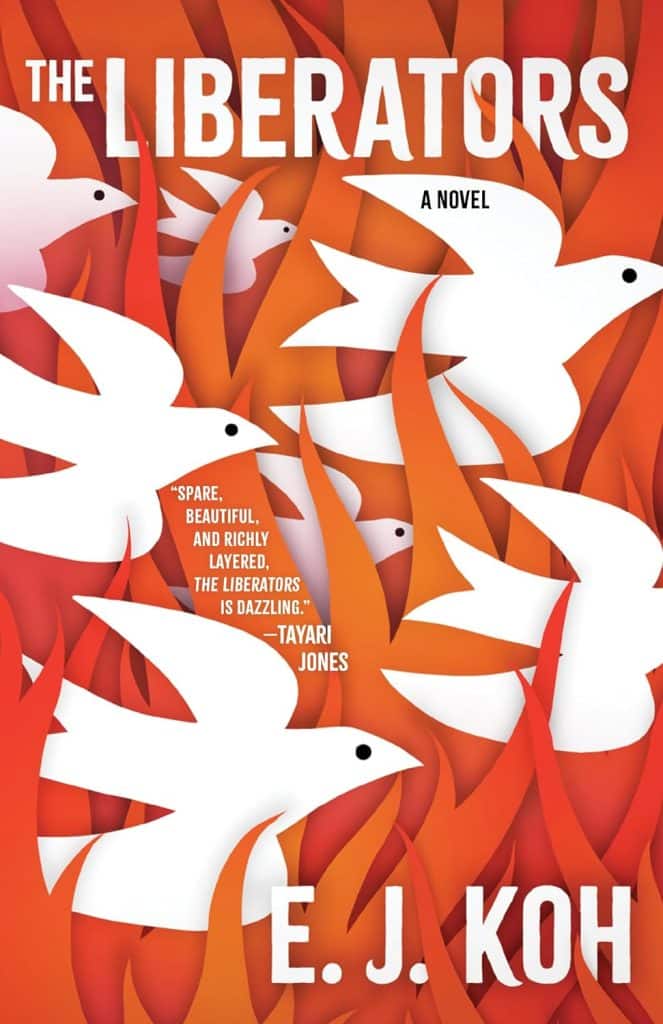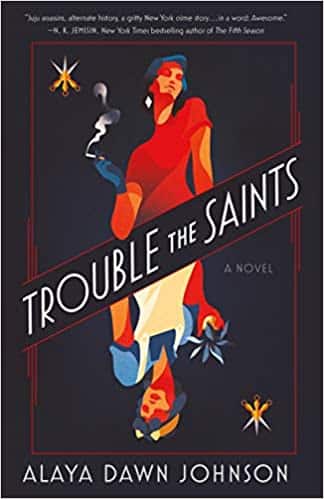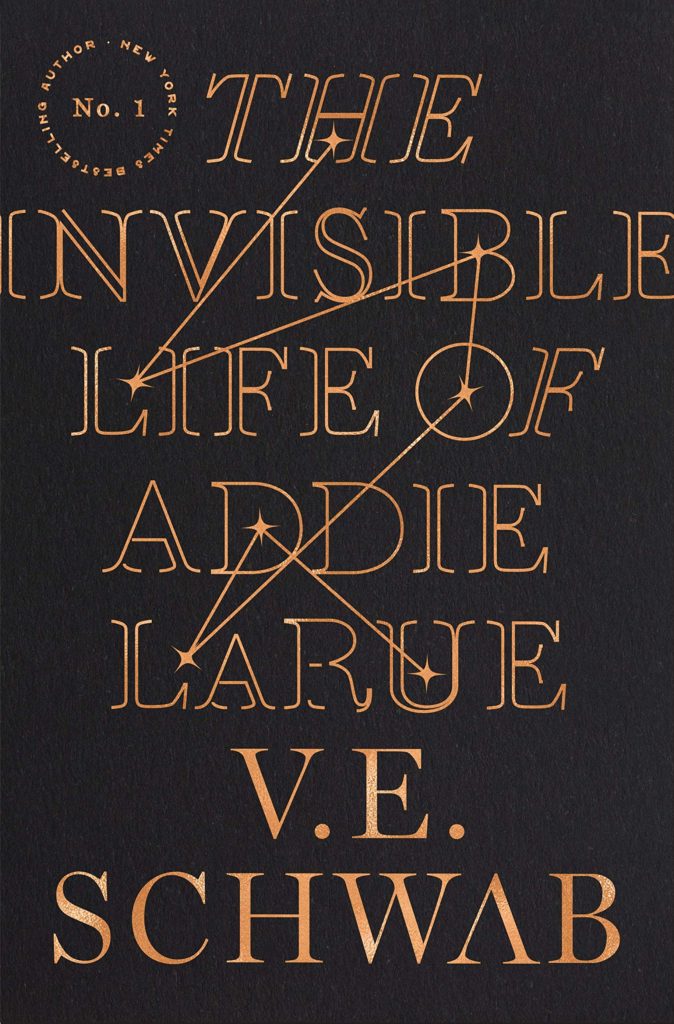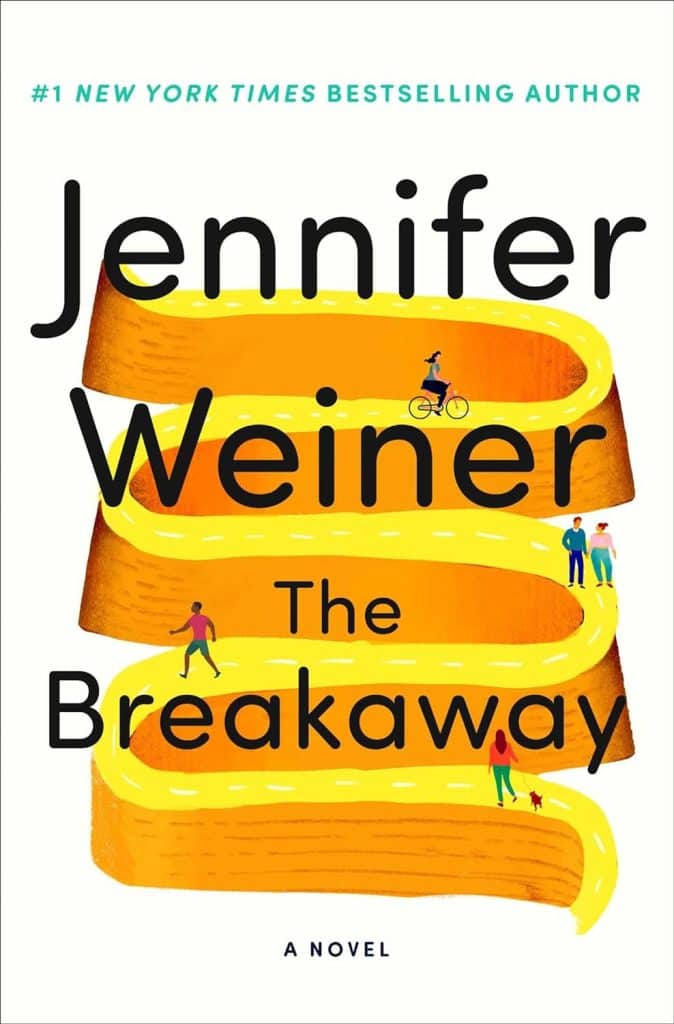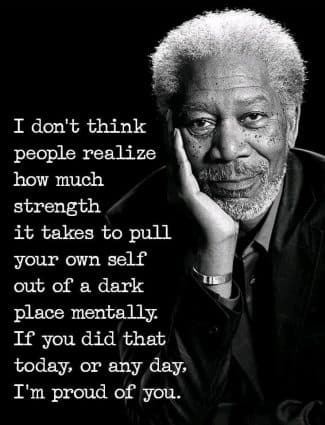
Picking Myself Up and Leaving the Darkness Behind
Estimated reading time: 1 minute, 15 secondsAs the clocks tick away the remaining hours of this year, we tend to review the past year.
My review often focuses on how my resilience has allowed me to pick myself up when the tsunami of grief pushes me back into the rabbit hole of mourning.
Reviewing the year, I can see the harshest phases of my grief journey in the rearview mirror.
It does not mean I will not have moments when tears roll down my cheeks like lava from Mauna Loa.
But with each passing day, I become more robust, and the darkness of my grief fades away gradually but assuredly.
My strengthening faith and family and friends have assisted me in this recovery.
But Jan is due the full measure of credit.
Her love transformed me and sustained me in times of doubt and uncertainty.
Her simple words of wisdom can motivate me to live fully.
Richard, you are capable and strong, and I believe in you.
Jan’s love will never die!
The Jan Lilien Education Fund sponsors ongoing sustainability and environmental awareness programs. Gifts made this month; I will match dollar-for-dollar. All donations are tax-deductible.
I receive a commission when you buy a book or product using a link on this page. Thank you for supporting Sharing Jan’s Love blog.


